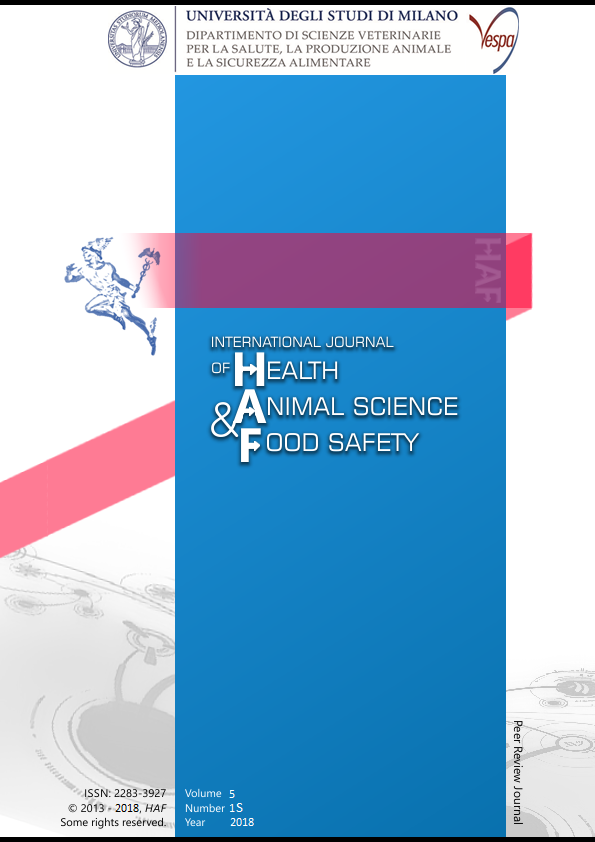Abstract
The thrifty phenotype hypothesis states that reduced foetal growth is strongly associated with the occurrence of a number of chronic non-communicable diseases such as coronary heart disease, stroke, diabetes, and hypertension in later life and during adulthood. This increased susceptibility results from adaptations made by the foetus in an environment limited in its supply of nutrients. Since its conception, the thrifty phenotype hypothesis has always been tested exclusively in one of the genders, i.e. females. The evidence provided to prove the validity of this hypothesis has always been limited in experiments following mothers. Furthermore, the majority of anecdotal evidence as well as epidemiological studies conducted have hardly been able to differentiate between the effect of factors such as nutrition, stress, climate changes, etc. on the environment in the womb during the periconception period and its effect on the embryo or the final maturational stages of female gamete either in ovary or in the womb. In this presentation, we discuss the tremendous potential provided by studying pregnancy in seahorses to test the effect of factors such as good and low-quality nutrition during the periconception period in pregnant males and its consequences on the health and quality of offspring produced.
This work is licensed under a CC BY-SA 4.0 international

